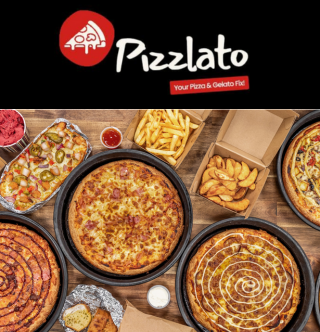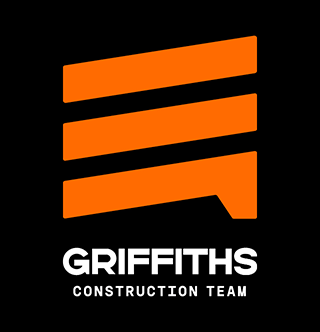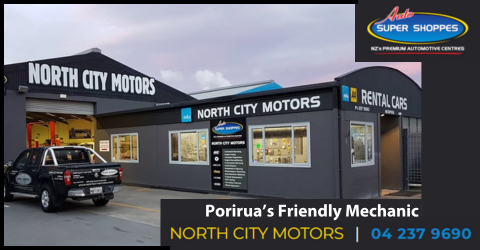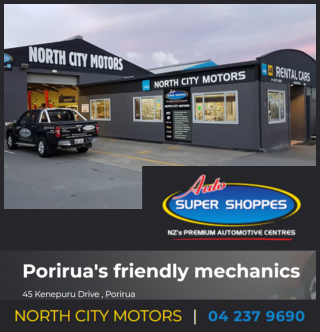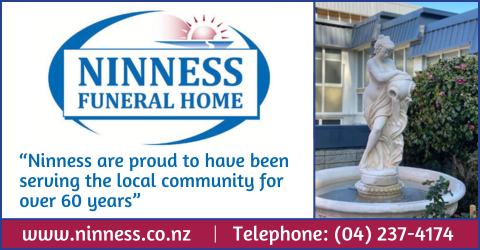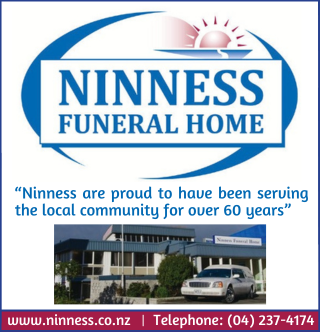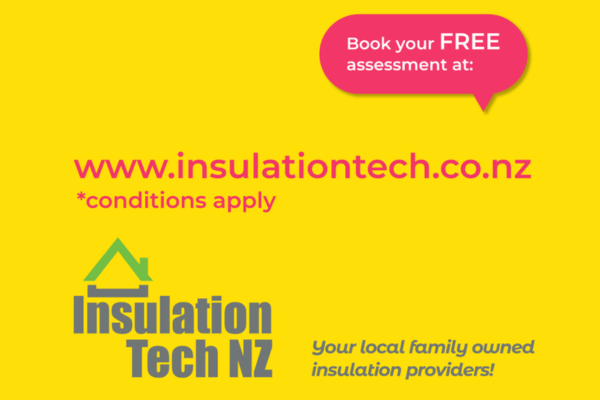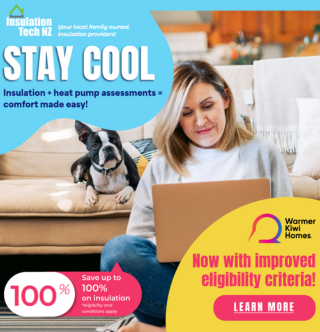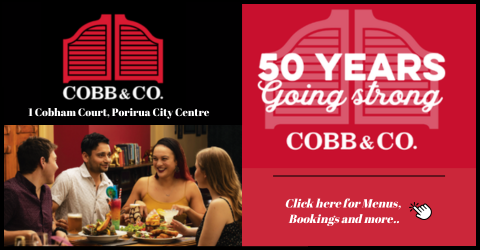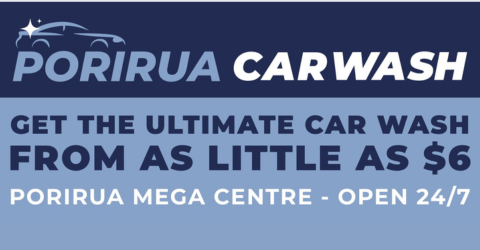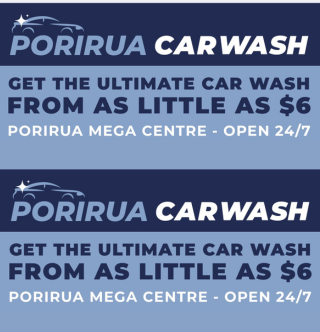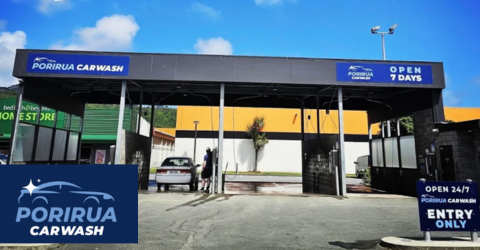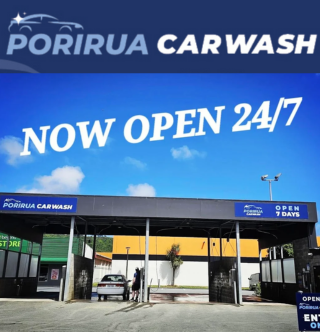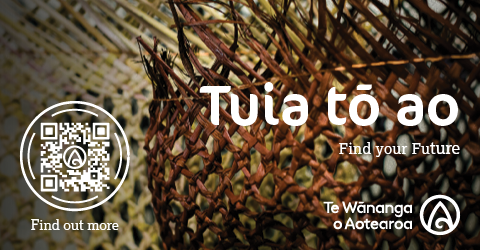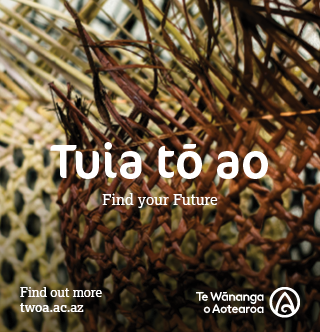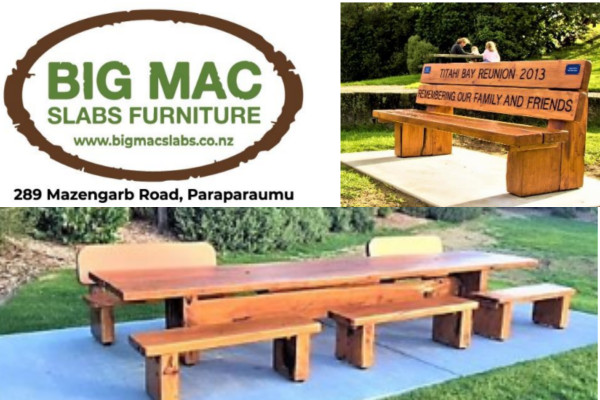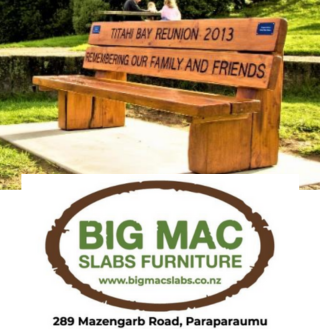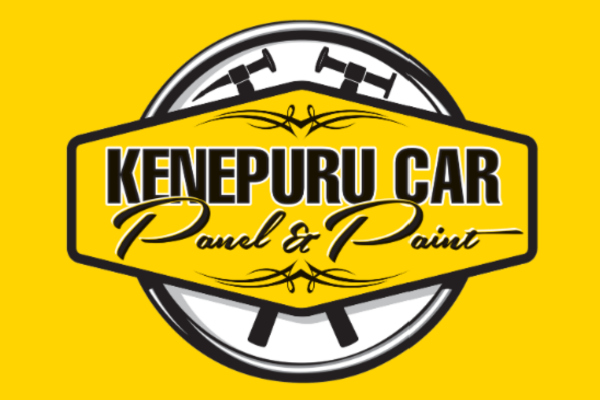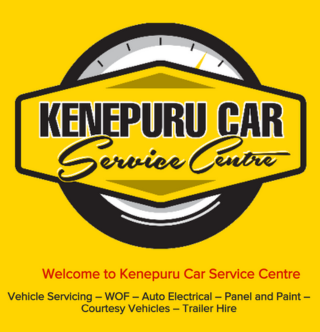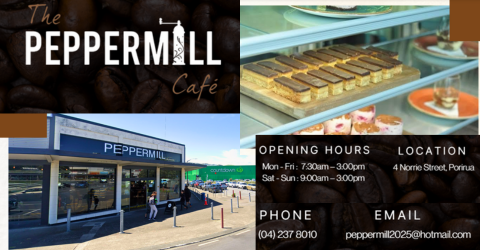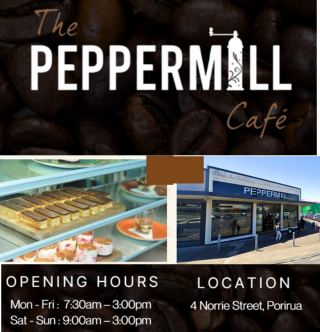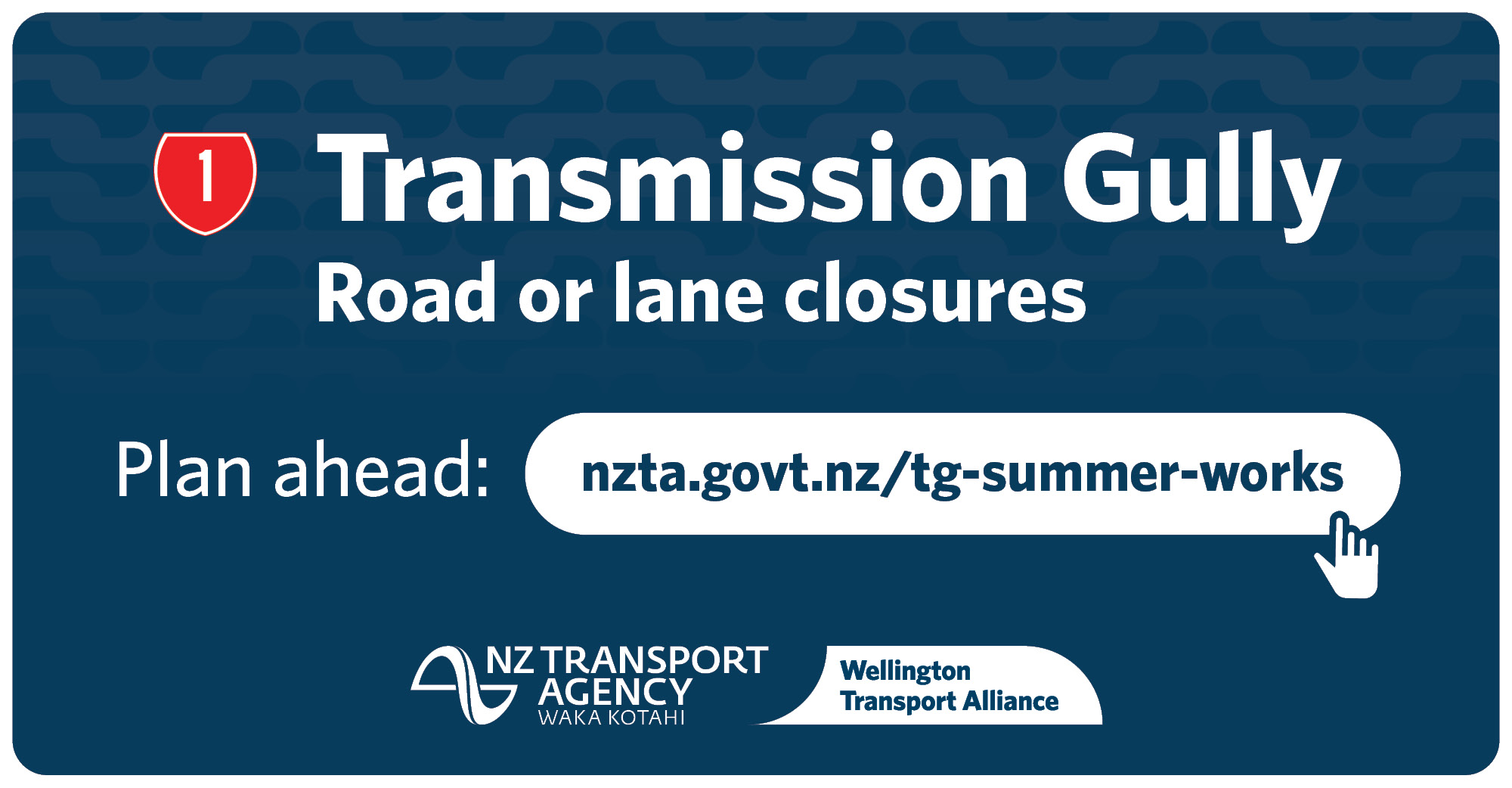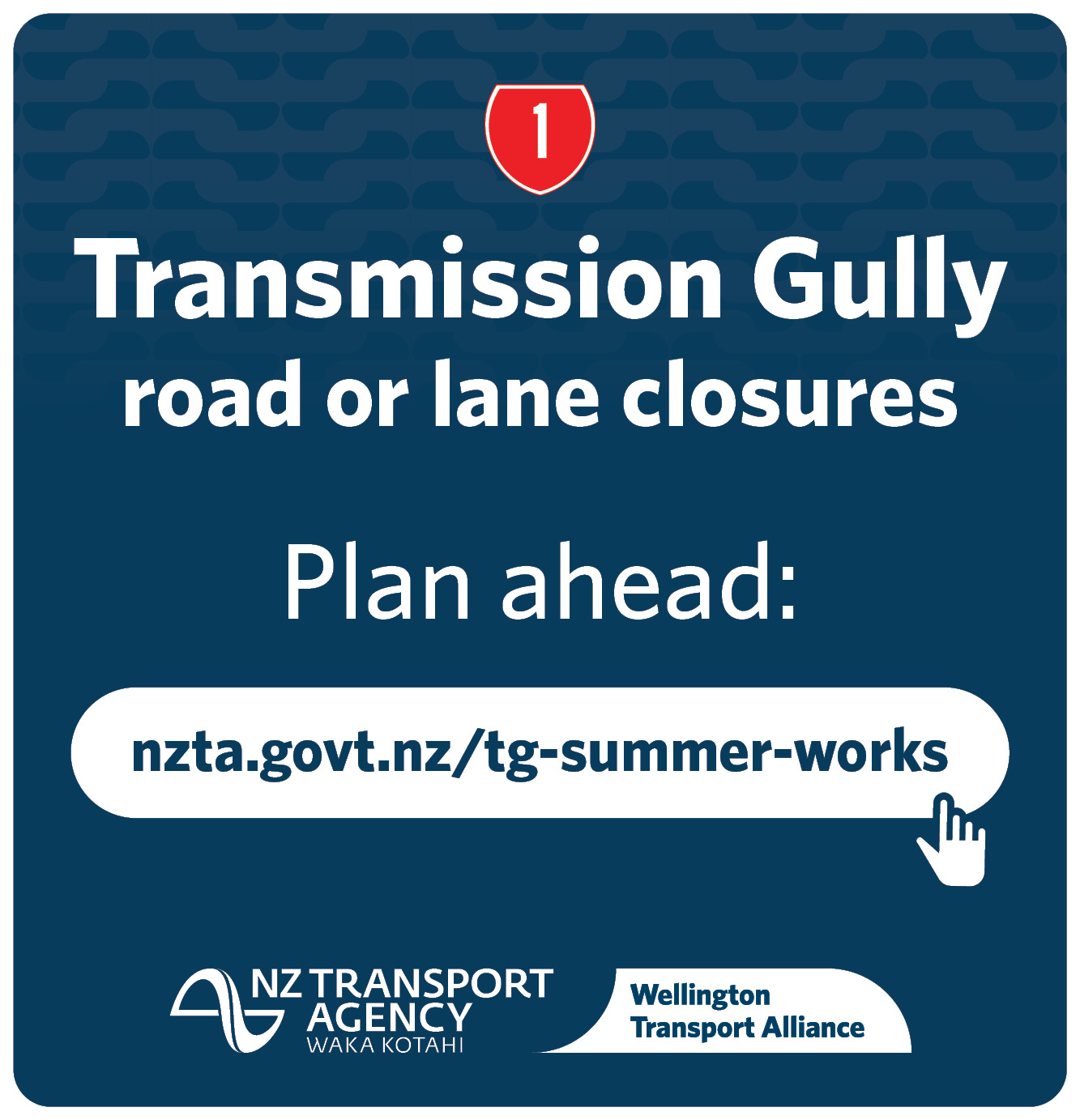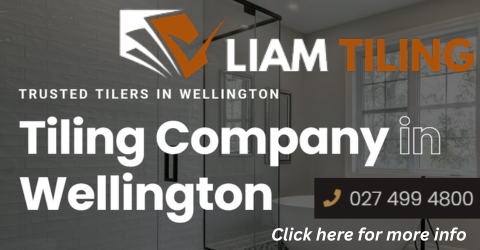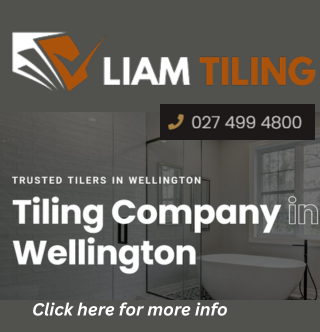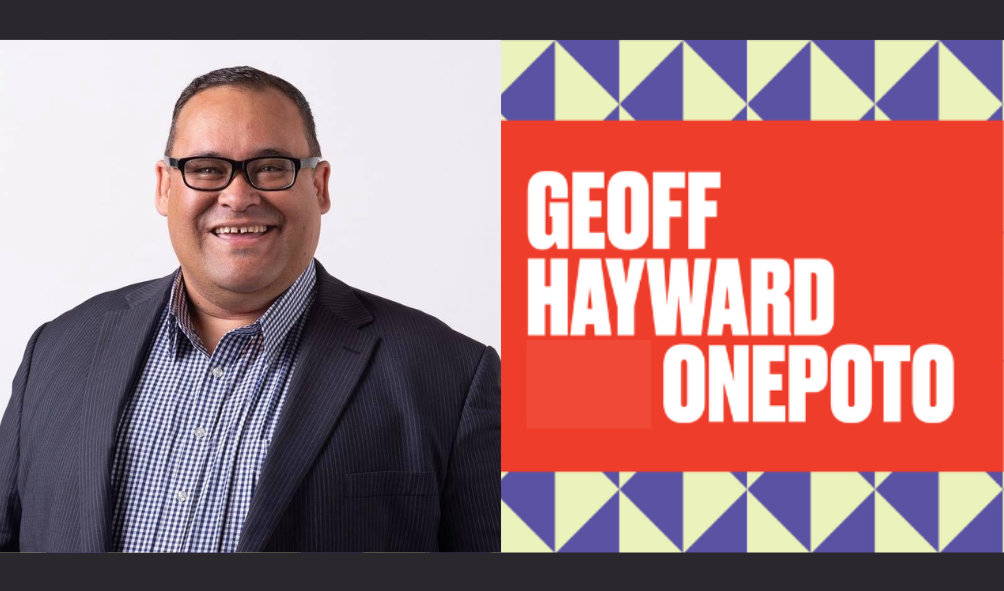
Progress on a Water Charter for Wellington: Putting People at the Heart of Reform

Your advocacy has been heard.
Over the past few months, I’ve been vocal about the urgent need for a Water Charter to underpin any new model of water service delivery in our region. Last week, we took an important step forward here in Porirua.
At a dedicated public workshop held last week for Porirua City Council elected members, we engaged directly with representatives from the Commerce Commission, Taumata Arowai, and the Advisory Oversight Group (AoG): the body guiding the development of a new water service model for the Wellington region. This group is made up of elected members and iwi/Māori representatives from across the region, chaired by Dame Kerry Prendergast.
It was a valuable session – clear, constructive, and focused on what’s needed to regain the trust of our communities.
Other councils in the region – Wellington, Upper Hutt, and Hutt City – are holding similar workshops with these agencies as we all prepare to vote on the proposed new water services delivery model.
I want to mihi everyone who has supported the call for a Water Charter. I especially thank those who co-signed the joint letter to the AoG requesting that a charter be developed before any councils are asked to vote on a new service delivery plan. Your advocacy has been heard.
I also want to acknowledge the support from specific elected members across the region, who are likewise advocating for a Water Charter. It’s encouraging to know that this commitment to shared principles isn’t isolated to one ward or city.
As I co-wrote with Cr Ben McNulty of Wellington City Council in a recent opinion piece for The Post:
“Water has never needed to respect the electoral boundaries we represent, and what happens in one place has an impact on other spaces.
The wai finds its origin in Te Awakairangi/Hutt River but is consumed in Miramar, while the sewage of residents in Churton Park is discharged into Titahi Bay when it rains heavily. When it comes to water, our region is deeply interconnected.”
It’s precisely this interdependence that makes a shared Charter not only desirable—but essential.
At that workshop, we received a clear signal that the Advisory Oversight Group are planning for a charter to guide the new entity – that’s a significant milestone.
But let’s be clear: what’s in the charter matters as much as the commitment to create one. The values, protections, and expectations it enshrines must be meaningful and enforceable -not just words on a page.
As I said at the meeting, Porirua must be very clear on our bottom lines before we are asked to vote on the new service delivery model. Our community deserves to know what we’re signing up to, and why.
If you didn’t get a chance to watch the full workshop, I encourage you to do so – especially the concluding portion where I speak to the core principles I believe must shape the charter.
👉 Watch from this point onward
For those who prefer a summary, here’s what I laid out:
Ten Principles for a Meaningful Water Charter
- Public Good at the Forefront
Water services must remain for public benefit—not private profit. Any surpluses should be reinvested into the system. - Transparency as Standard
The new entity must operate openly and be held to clear expectations. Information should be accessible and easily understood by all. - Plain Language for Real People
The charter must be written in plain English and te reo Māori where appropriate—clear enough that every household can understand their rights and expectations. - Clear Levels of Service
Communities need to know when their water issues will be addressed, and what standards they can expect. - Value for Money
Every dollar must deliver. Our communities must see and feel the value of what they’re paying for. - Fair Local Employment
The new entity should prioritise local jobs, fair wages, and training—upholding our existing commitments, such as the Living Wage. - No Denial of Service Based on Financial Need
Access to water is a human right. No whānau should face disconnection because they’re struggling financially. - Uphold Te Mana o te Wai
Water quality must improve at both ends—where it’s drawn and where it’s returned. That includes genuine partnership with mana whenua. - Fair Pricing and Charges
Pricing must be fair, consistent, and clearly communicated, with no surprises for households. - A Social Licence to Operate
The new entity must earn and maintain trust through transparency, responsiveness, and accountability to the communities it serves.
In addition, as part of this mahi, I’ve also been researching how water charters and similar accountability mechanisms have been used effectively in other jurisdictions. There are some excellent examples where clarity of purpose, strong governance, and community accountability have made a real difference in the delivery of public utilities.
I’ll be sharing these insights with the AoG, because I believe we can and should learn from what works elsewhere. A good charter isn’t just a values statement; it’s a tool for performance, legitimacy, and public trust.
I recognise that we may not have a finalised Water Charter by the time councils are asked to vote on the service delivery proposal. That’s understandable. But what I am seeking and what I will keep pushing for, is that the principles outlined above are incorporated into the decision-making process. Whether it’s through a draft charter, a formal statement of expectations, or embedded in our resolutions…they must be on the record before we vote.
Water reform is complex, and it won’t be perfect. But we owe it to our communities to get the fundamentals right. Trust. Transparency. Fairness. And a relentless focus on public value.
As always, I’ll keep you updated as this progresses, and I welcome your thoughts along the way.



